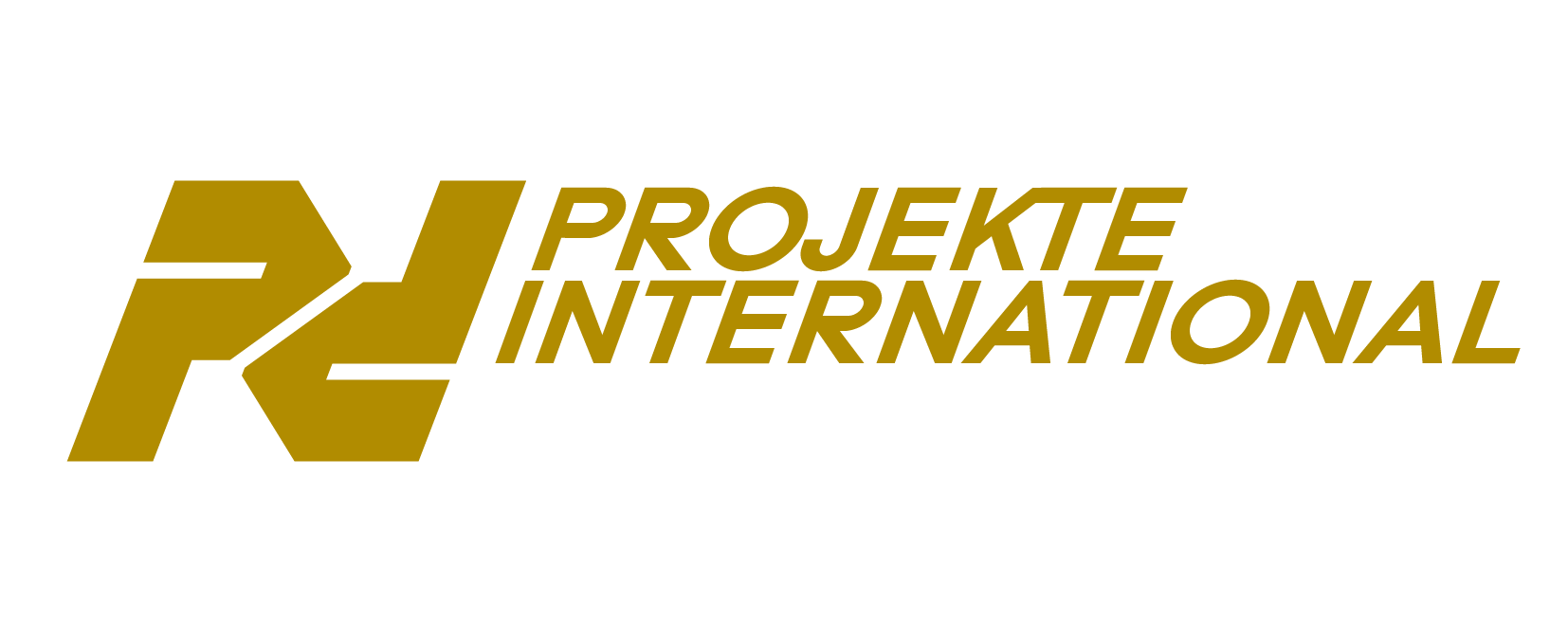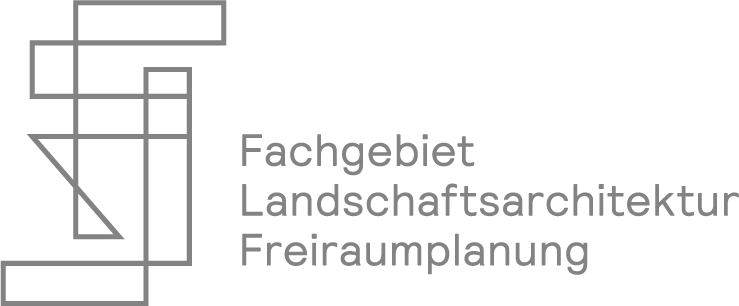SPECULATIONS! with
Eventually Made
by: Sebastian Bernardy and Vincent Meyer Madaus, Eventually Made, Rotterdam and Berlin
SPECULATIONS! Series
Published on January 29, 2021
What role does infrastructure play in shaping future-proof and liveable cities?
"Arguably the key to all the smooth operations of daily life, infrastructure governs and mediates our physical world and has become more a source of power than of basic supply. However, it will have to find new places in the city, as it is being consistently pushed to the margins: rooftops, backyards, interstitial spaces, leftover lots etc. are repurposed in the ongoing craze to increase usable surface areas. Most recent developments indicate that hyperlocal maximization might become less of a priority with the concept of remote-ability advancing in many sectors of society. Of course, this is largely feasible due to the advancements of internet availability and speeds and goes to show how one structure can effectively surrogate others. On one side, the role of infrastructure will be to find its niches, to remain hidden when possible and seamlessly accommodate day-to-day procedures, so effortlessly working that it is not even noticed. On the other, it is inevitable to prepare for a future in which the promises of any smart city utopia won’t keep us from designing with the material reality of a virtual existence."
© Images by Eventually Made (Expressions, Sites, Immobilities)

How do infrastructures need to change and reconfigure in light of global and local challenges?
"Infrastructures inherently strive to be under—more disguised and less evident—but even with the digital turn a majority of our everyday needs ask for tangible logistics. These pathways need to be relayed to separate, non-visible lanes that prioritize autonomous transport possibilities. Self-driving devices and non-human mobility programs will permanently change our lives, DHL Paketbox and Amazon Lockers replace personal mailboxes and postal workers knocking on the door. The drop-off points might be packed mechanically, supplied by autonomous trucks filled by diligent robots in remote warehouses. In fact, many of the modern day amenities are the result of technological infrastructure redefining the nature of our habits: online banking supersedes a visit to the bank, food delivery underbids the cooking process in effort and money, remote working overcomes the inability to cluster in an office space while cancelling commute times, and online shopping proves to offer better deals than any offline retail business. The same logic that previously demanded to be unseen, has now gained prime visibility, becoming an (inexorable) active agent on its own."
© Images by Eventually Made (Supplies, Logistics, Networks)

Which infrastructure is being neglected, has to be maintained, created or cancelled?
"There are a lot of challenges in dealing with the ecological outfall from the constantly rising sector of residential services. Supermarkets, drugstores, department stores, restaurants and cafes all come to our homes with the ordered commodities and additional disposable packaging, often at least equal in volume compared to its contents. Here we can imagine a mandatory deposit system to curtail waste and environmental impact or the introduction of a delivery tax to keep this development in checks. It’s the intersection between private bidding and public procurement that unfolds throughout a number of building components, previously programmed yet taken for granted, now charged with an extra purpose, as guarantors for domestic interactions: garages, front yards, roofs, facade elements, door mats, or balconies. These primary connections to the outside are effectively upgraded to a form of personal infrastructure, as a vital feature to sustain daily life."
© Images by Eventually Made (Thresholds, Elements, Vacancies)

Which new actors will emerge and shape future infrastructures?
"We would love to see the emergence of an urban condition with smaller players receiving similar attention to larger ones, adapted social constructs that can contribute to alternative forms of ingenuity through making, planning, knowledge and experience. The new model here would be a working background, a platform or glue between the many nodes already existing. More network than structure, it would need to bridge the gap between our online and offline surrounding, a neighborhood fixture of digital origin. Such a setup would by nature require to be developed simultaneously on both sides by creating a handshake protocol from one party to the other. In reality, this could mean that stores are linked with inventory close-by, increasing their product availability and possibly retaining more customers all the while operating to strengthen the identity of one specific place within the city. Rather than rethinking the functionality of present configurations on a global level, we believe in the solution-oriented intelligence of a very local cosmos to define future infrastructural landscapes with the aid of creative capacity building."
© Images by Eventually Made (Accidents, Localities, Improvisations)

About the authors:
Eventually Made is a design practice led by Sebastian Bernardy and Vincent Meyer Madaus based in Rotterdam and Berlin, where the authors research and develop architectural narratives nestled in the everyday; an engagement of assembling found contents and features into multidimensional projections. The studio carries out empirical urban analyses with the goal to charge familiar domains and amplify spatial potentials in situ.
BB2040
[EN] Berlin Brandenburg 2040 was initiated by the Habitat Unit in cooperation with Projekte International and provides an open stage and platform for multiple contributions of departments and students of the Technical University Berlin and beyond. The project is funded by the Robert Bosch Foundation.
[DE] Berlin Brandenburg 2040 wurde initiiert von der Habitat Unit in Kooperation mit Projekte International und bietet eine offene Plattform für Beiträge von Fachgebieten und Studierenden der Technischen Universität Berlin und darüberhinaus. Das Projekt wird von der Robert Bosch Stiftung gefördert.








